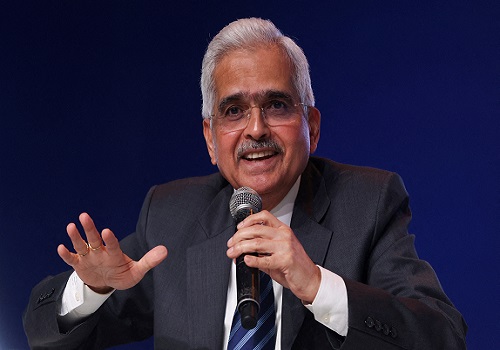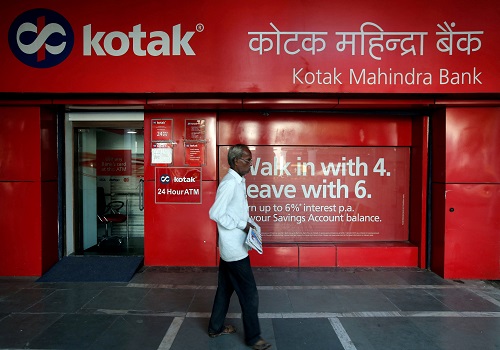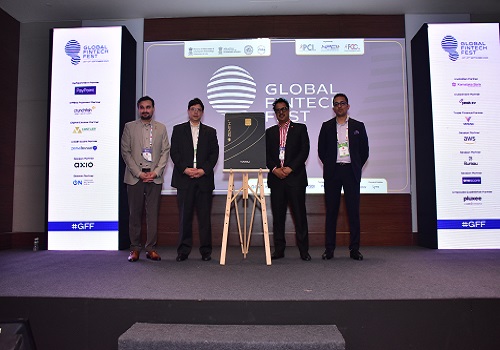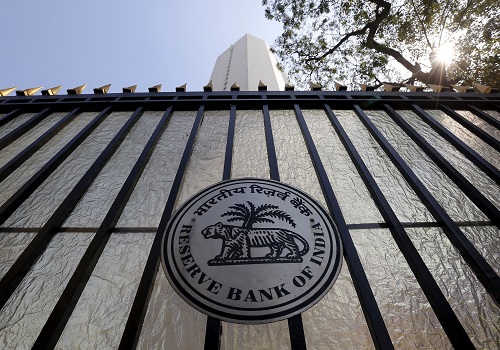Banking Sector Update - Account Aggregator to drive data democratization, financial services boom By Emkay Global
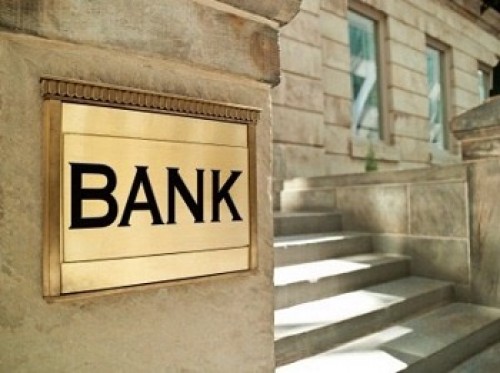
Follow us Now on Telegram ! Get daily 10 - 12 important updates on Business, Finance and Investment. Join our Telegram Channel
Account Aggregator to drive data democratization, financial services boom
The RBI has issued licenses to several entities to enable the Account Aggregator (AA) framework, which is considered to be a game changer in lending/financial services after UPI in payments. We hosted an expert call with Mr. B G Mahesh, Co-Founder of Sahamati, a non-profit alliance of account aggregators, to delve into the AA framework, its use cases and international experience. Following are the key takeaways:
* India’s AA framework is superior and will drive financial boom with democratization of data across financial information providers (FIPs): India’s AA framework is far superior as it will aggregate data from multiple FIPs (including non-banks) and non-FIPs (i.e. telcos at later stage), unlike open banking data aggregators in US.
The AA framework was created through an inter-regulatory decision, including RBI, SEBI, IRDAI and PFRDA, to facilitate frictionless and secure data (including non-credit) flow between FIPs and financial information users (FIUs), subject to customer consent (one time/recurring). It will reduce data arbitrage among FIPs and FIUs while providing customers better digital control over their data and enabling quicker access to financial services at a better cost.
* Multiple aggregators to provide data reach/scale and support specific use cases: Currently, CAMS FinServ, Cookiejar Technologies (product named Finvu), FinSec AA Solutions (OneMoney) and National E-Governance Services Asset Data are authorized as account aggregators. PhonePe, Perfios and Yodlee have received an in-principle approval and many more will join the framework as India’s scale/diversity and multiple use cases with unique requirements will create enough opportunities for all.
The AA can gradually become a consent managing organization for other sectors as they adopt a similar framework (e.g. health). Eight major banks (SBI, ICICI, Axis, IDFC First, Kotak, HDFC, IndusInd and Federal Bank) and some NBFCs have joined the network as FIPs/FIUs. Nearly 300mn asset accounts are already live and more (asset/liability/WM) accounts will become accessible as more FIPs join.
* Multiple use cases for financial entities; consumers (retail/SME) to get more benefits beyond lending: MSMEs and new-to-credit borrowers will be among the major beneficiaries of the AA framework as they lack access to formal credit due to the lack of organized and transparent financial records and credit history. Using the AA framework, lenders across the spectrum will be able to give credit based on verified data such as GST invoices, bank statements, securities information and other cash flow surrogates, coupled with lower risk of tampering and frauds. The customer acquisition cost could come down dramatically, thereby leading to financial inclusion of small customers as well.
Apart from lending, a recurring consent can enable FIUs to keep an eye on the customer’s financial health/leverage and facilitate debt consolidation. It will also help FIP to cross-sell other products such as deposits, wealth-management and insurance, driving operational efficiency. Retail consumers too will benefit significantly as they will get better lending and deposit rates, access to tailor-made products and an aggregated view of financial accounts, leading to better control on spending and other financial matters.
* Ensuing financial boom to benefit digitally agile players: The AA framework was conceptualized way back in 2016, but it faced many hurdles, including reluctance from FIPs (mainly banks). However, banks have shed their reluctance and are now ready to democratize data and participate in the ensuing financial boom accelerated by Fintechs. The expanding financial universe is in fact beneficial to banks, subject to being digitally prepared and capable to capture the same.
Thus, banks are enhancing their digital capabilities and entering into partnerships with Fintechs to protect their captive business (retail/SME) and to participate in new-age banking encompassing Digi-lending (BNPL), liability/wealth management and TPD business. However, the big data/financial boom will bring with it the risks of cyber fraud and data privacy; thus, the framework will require strong regulatory oversight and a strong Personal Data Protection Bill (PDP), which has been in the works for long.
To Read Complete Report & Disclaimer Click Here
For More Emkay Global Financial Services Ltd Disclaimer http://www.emkayglobal.com/Uploads/disclaimer.pdf & SEBI Registration number is INH000000354
Above views are of the author and not of the website kindly read disclaimer










Top News

Nitin Gadkari inaugurates 18 National Highway projects worth Rs 6800 cr in , Madhya Pradesh
Tag News
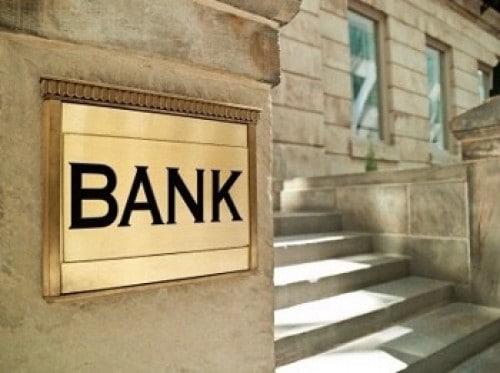
AU Small Finance Bank jumps on entering into bancassurance tie-ups with Star Health and Baja...
More News

Retail Sector Update - Gold import duty hiked by 500bp - Motilal Oswal Financial






